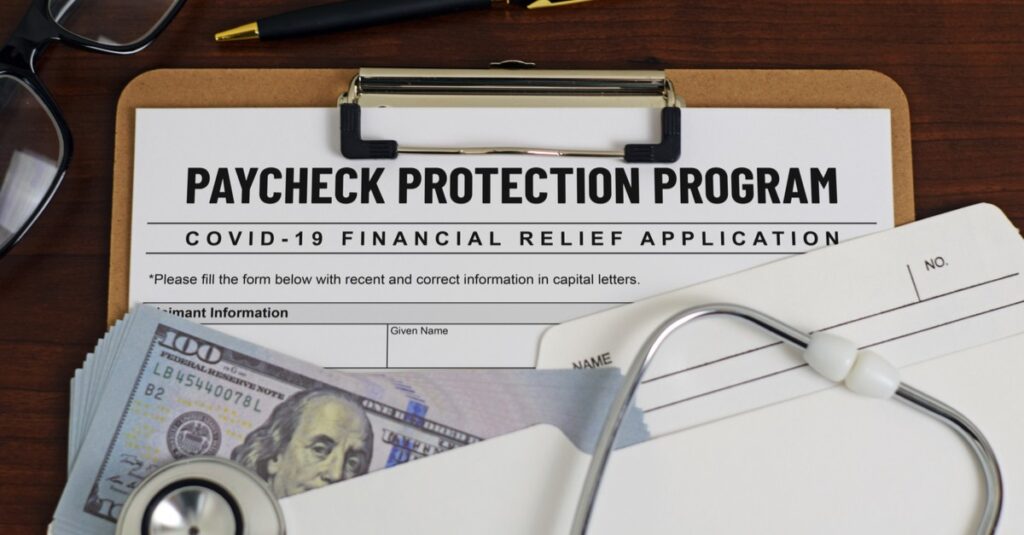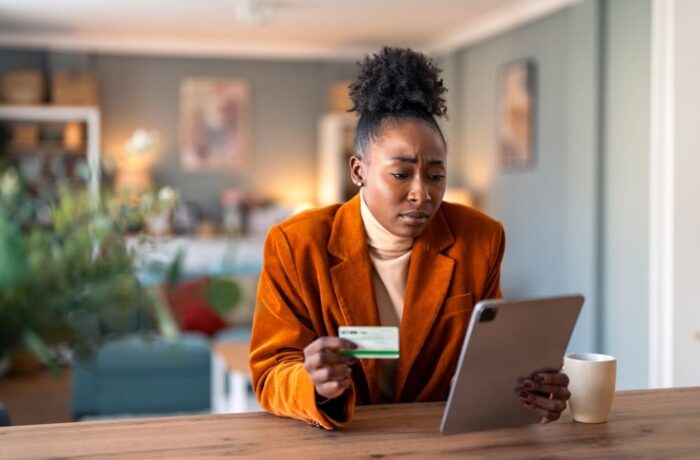By Lance P. Martin, Ward and Smith
To be eligible for a Paycheck Protection Program (“PPP”) loan, the applicant must certify on the borrower application that the applicant and any owner of 20% or more of the applicant are not “presently involved in any bankruptcy.” This eligibility requirement spawned numerous lawsuits between debtors and the United States Small Business Administration (“SBA”) in the year since the SBA took this position. In every case under the first round of funding under the CARES Act, the SBA argued that entities in bankruptcy were not eligible for PPP loans. And with the second round of funding arriving in 2021, the SBA did not change its position.
Now, with the May 31 deadline for PPP loan applications looming, the SBA has published additional guidance, which provides that entities that have concluded a bankruptcy proceeding are not, for PPP eligibility, considered “presently involved in any bankruptcy.”
In its answer to Frequently Asked Question Number 67 about the PPP loan program, the SBA states that, for PPP eligibility purposes, a party is no longer involved in bankruptcy under these circumstances:
Chapter 7 – The Bankruptcy Court has entered a discharge order.
Chapters 11, 12 and 13 – The Bankruptcy Court has entered an order confirming the plan.
Any Chapter – The Bankruptcy Court has entered an order dismissing the case.
For an entity to be eligible for a PPP loan, the above orders must be entered before the date of the PPP loan application. If an entity is permanently closed, through bankruptcy or otherwise, it is not eligible for a PPP loan.
Consequently, if you have resolved a bankruptcy case in the past year, and you are otherwise eligible for a PPP loan, you can apply for a loan. The SBA’s full statement can be found here: https://www.sba.gov/sites/default/files/2021-04/PPP%20FAQs%204.6.21%20FINAL-508.pdf.





